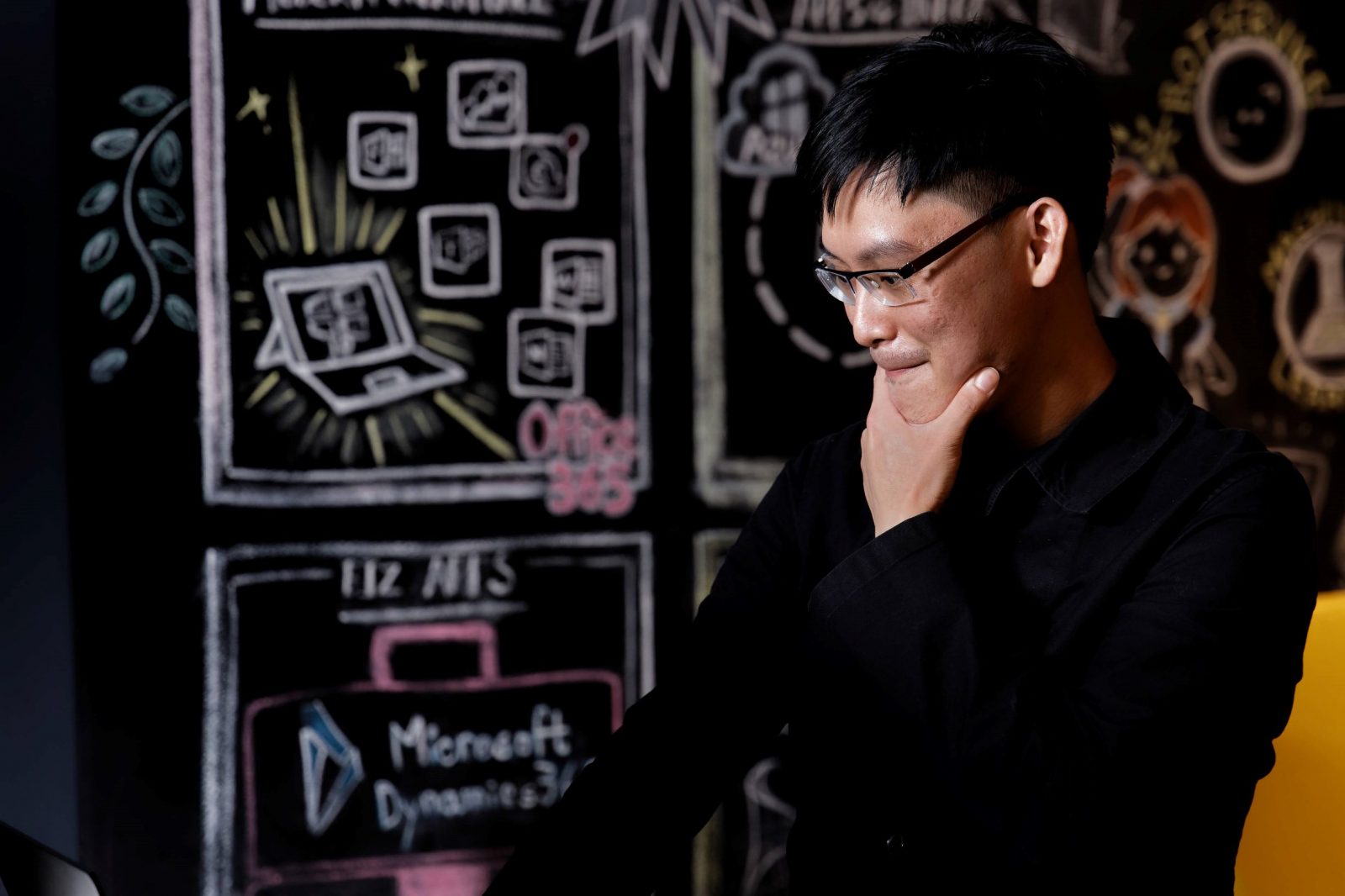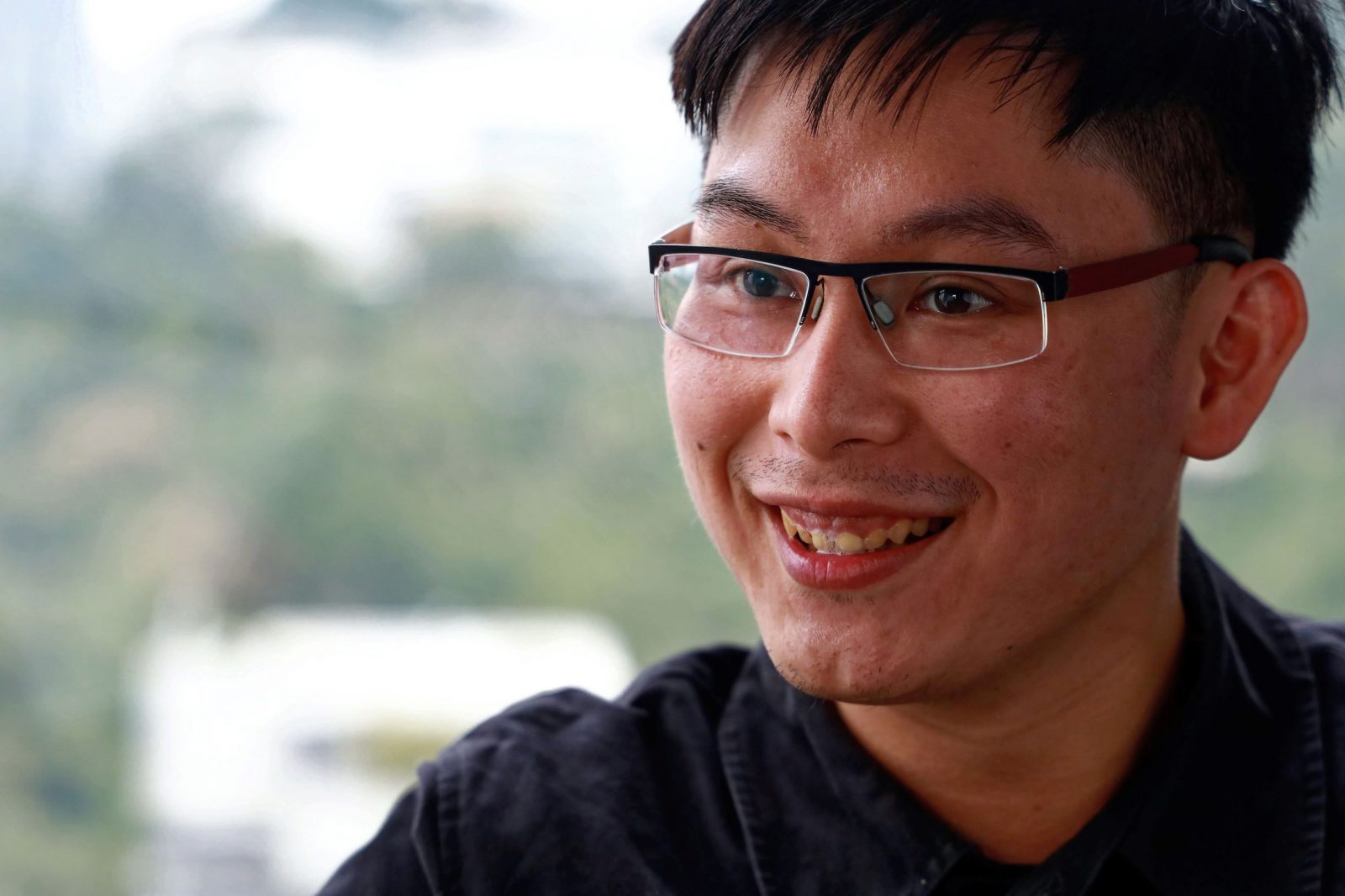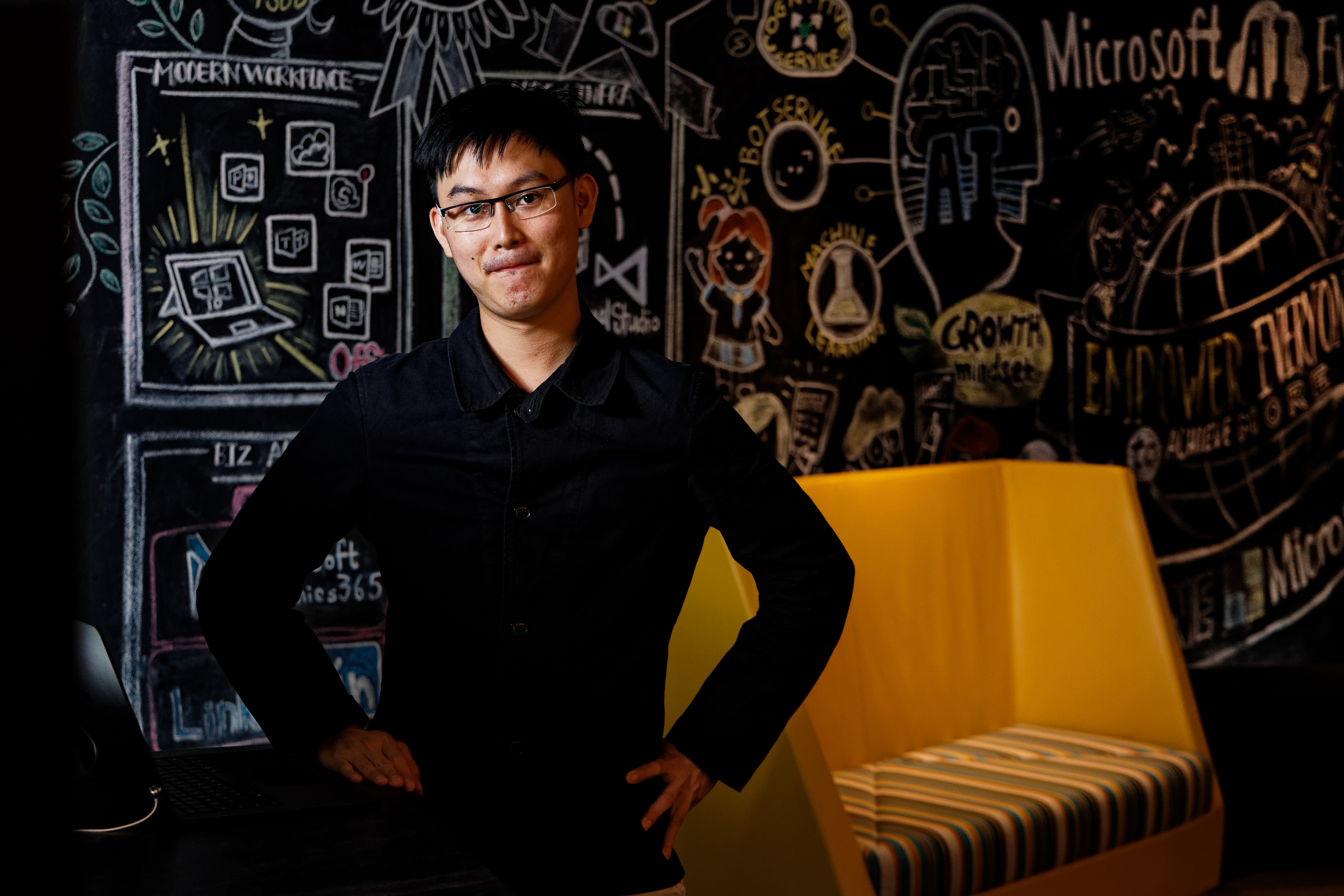
Diversity and Inclusion
‘Don’t underestimate yourself sometimes. You can do it.’
People with disabilities are gaining marketable work skills and succeeding in the digital economy
2014 was a tough year for Murphy Ng. That’s when he dropped out of university in New Zealand and returned home to Hong Kong and an uncertain future.
With his parents nearing retirement age, he needed to earn a living and become independent. He wanted to start over and find a job, but he had no marketable skills, career strategy, or degree.
He went through some hard times for a while. But his fortunes turned around when he started learning new digital skills under a Microsoft-supported training initiative that has transformed the lives of hundreds of people in Hong Kong and many thousands around the world.
Ng’s story might all sound like just another coming-of-age tale – familiar to anyone who’s experienced uncertainty and restlessness in their teens and early 20s.
But it is more complicated than that for Ng because he is a person with Asperger’s Syndrome, which is a high-functioning Autism Spectrum Disorder (ASD). People with ASD experience difficulties with social interactions and non-verbal communication.
Ng did have initial success finding work, but the job ended in frustration. “I have communication problems with people and society. My emotions are very unstable,” he explains. At his former workplace, “I was told: ‘You’re not a suitable person here.’ I felt strong emotions like depression, and I thought: ‘Oh no, what am I doing wrong? Why? Why me?’”
Despite this setback, Ng knew he had plenty of potential. He wanted to try something new and attain skills that would help him secure employment and gain confidence.
His opportunity came when he signed up for a series of skilling programs run by the Support Center for Autism at SAHK, a non-profit organization that offers many services and courses for people of all ages and abilities.
It has partnered with Microsoft’s #UpskillHK | GIVE initiative to provide courses in digital skills that are sought after by potential employers.
Ng learned Excel, PowerPoint and Word along with how to adopt Microsoft 365 productivity skills in the workplace. He also enrolled in an #UpskillHK | GIVE program for adults with high-functioning ASD where he soon felt that he was part of a community of students.
ALSO READ: Mixed reality apps help those with autism safely prepare for the real world
He progressed quickly during his online studies. Before long he was helping others in his class learn.
“I understood what they needed as well as what the tutor needed,” he explains. “(The tutor) had to face 10 students. He couldn’t handle everything. And some students, when they didn’t understand things clearly, they’d get emotional and nervous. I had to settle down their nervousness, and say: ‘Hey, listen, it’s just a little problem.’”
The experience was a powerful turning point for Ng who remembers how computer science had been one of his worst subjects back in high school.
“My father always felt very angry when he tried to teach me how to use Microsoft software,” he recalls. “But after these lessons (at SAHK), I have a new interest in how to use Microsoft 365, and I realize my learning comprehension is quite great.
“So, don’t underestimate yourself sometimes. You can do it.”
With a new digital skillset and more confident socially, Ng soon got another more satisfying job. He is now working in data search and entry for a trading company where he has found support and encouragement.
LEARN more about Microsoft’s Skills for Employability partnerships
“Sometimes, people with Asperger’s, we only know how to process the work. We don’t know the rules, and so the results are not always what the manager wanted or asked for.
“Workplaces are very complicated. It’s quite a big challenge, and sometimes I feel uncomfortable,” Ng says.
“But I try to tell myself, if I don’t know the steps, I really have to ask for help, to deal with it. I realize that’s my responsibility—to ask—otherwise we’ll have a lot of misunderstandings in the workplace. Some people aren’t so patient, but in my company, they’re very kind with me.”
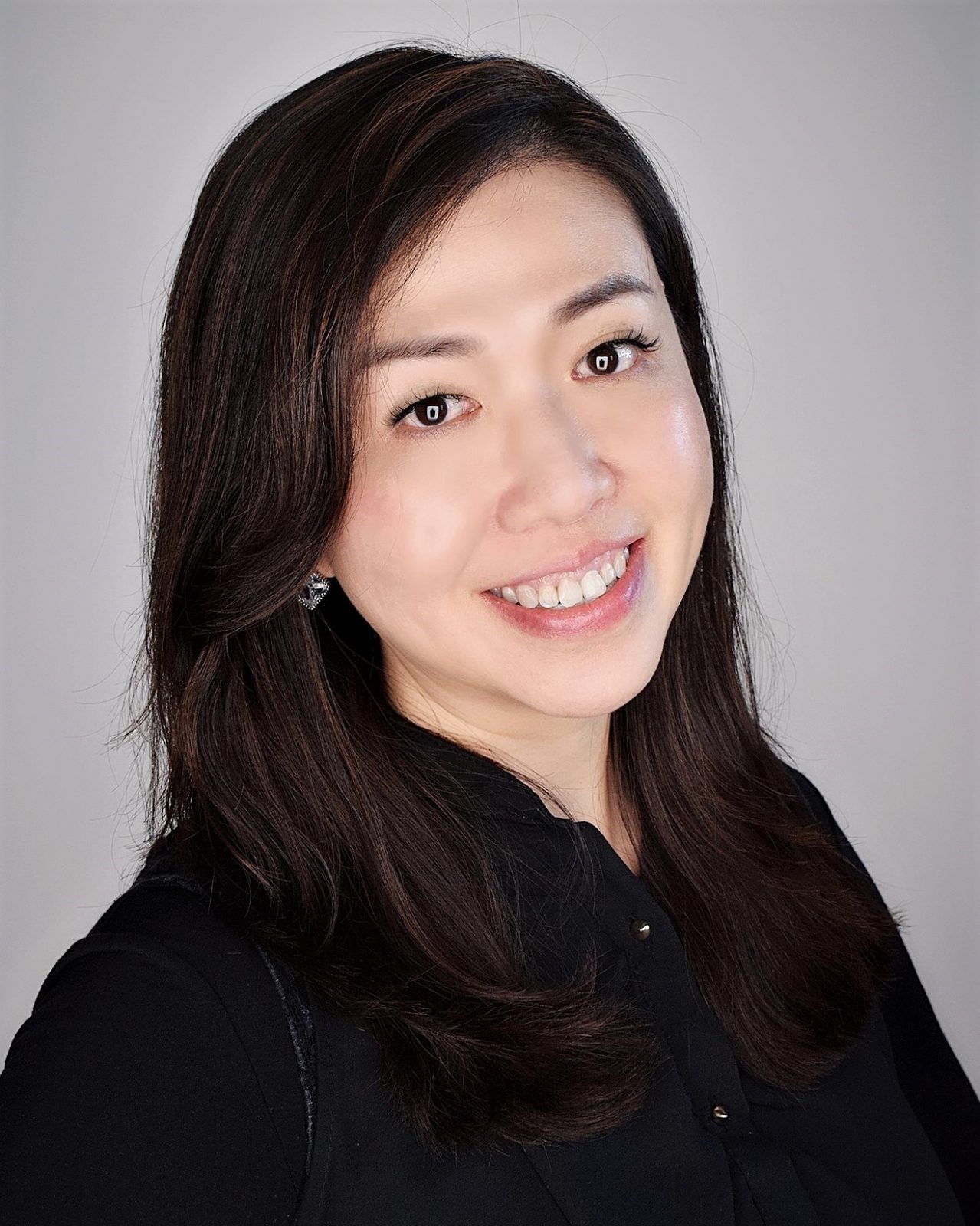
#UPskillHK | GIVE is part of Skills for Employability – a global training program in which Microsoft works with nonprofits, like SAHK, to ensure every person can gain the skills, knowledge, and opportunity they need to succeed in the digital economy.
More than 100 non-profit organization partnerships in 42 countries have enabled millions of people with digital skills. Over 50 percent of beneficiaries served are female, and over 80 percent are from underserved communities. Thousands of educators and trainers have also learned how to teach computer science and other digital skills under the initiative.
The #UpskillHK | GIVE partnerships give trainers access to the latest technology skills so they can motivate and inspire course participants as they learn and develop.
In Hong Kong, 10 non-profit organizations have been offering #UpskillHK | GIVE courses across underserved communities since 2013. So far around 2,700 participants have gained digital skills training and undergone career planning.
Microsoft has also sponsored courses in data analytics, advanced Excel skills and Power BI, with the goal of career placements for ASD adults in data analytic fields.
Director, Corporate Affairs and Philanthropies, at Microsoft Hong Kong, Ada Ng (no relation to Murphy Ng) says the program’s reach will widen in the territory this year.
“The pandemic has made the employment situation worse,” she says. “So now we’re not only targeting underserved groups, but we’re also trying to help the 250,000 people in Hong Kong who are unemployed, to equip them with new skills.”
Tim Wong, who heads the Support Centre for Persons with Autism at SAHK, says students have been able to connect with Microsoft representatives like Ada Ng to learn about the latest workplace developments such as ABC—AI, Big Data and Cloud Computing.
In this way, he says, “they will be inspired by how the world of work is changing through those technologies and why they should learn about them.”
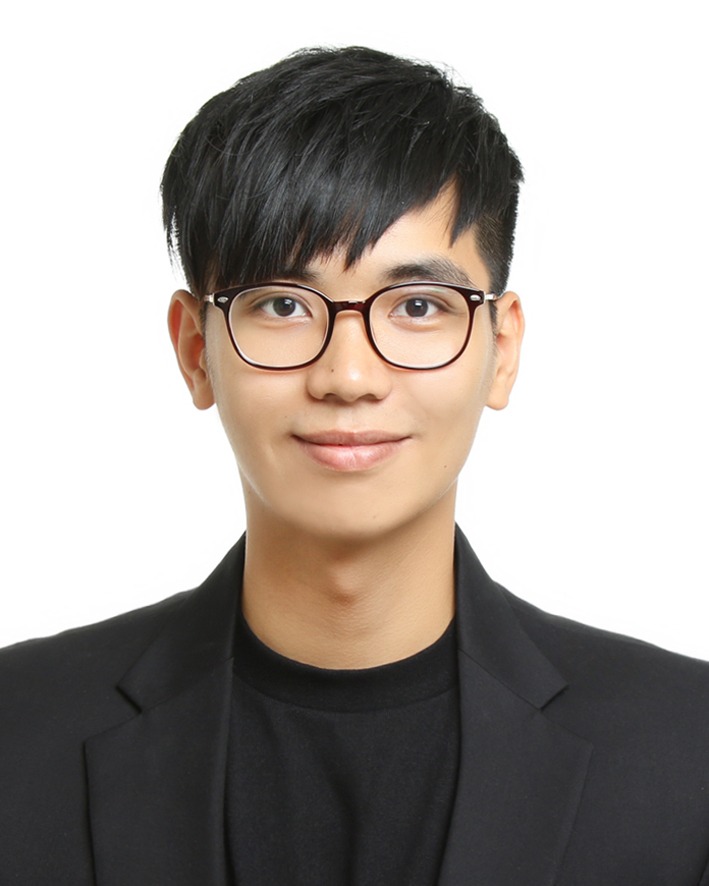
Looking ahead SAHK will expand the disability scope of its #UpskillHK | GIVE program to also support people with Attention Deficit Hyperactivity Disorder (ADHD) and Dyslexia. “This will be a great step for our service to include more people in our program,” Wong says.
Meanwhile, Ng also has big plans. He and his parents are planning to leave Hong Kong and emigrate to the U.K.
He is optimistic but clear-eyed about the path ahead and wants to use his digital skills to help him find a job and make friends in a new home.
“It’s been a long journey for me. I think the U.K. will be a new chance for me. In my heart, this is really my feeling, I don’t feel sad to leave. I feel happy.”
World Autism Awareness Day, designated by the United Nations, is April 2 every year.
TOP IMAGE: Murphy Ng. (Photo: John Curran)






